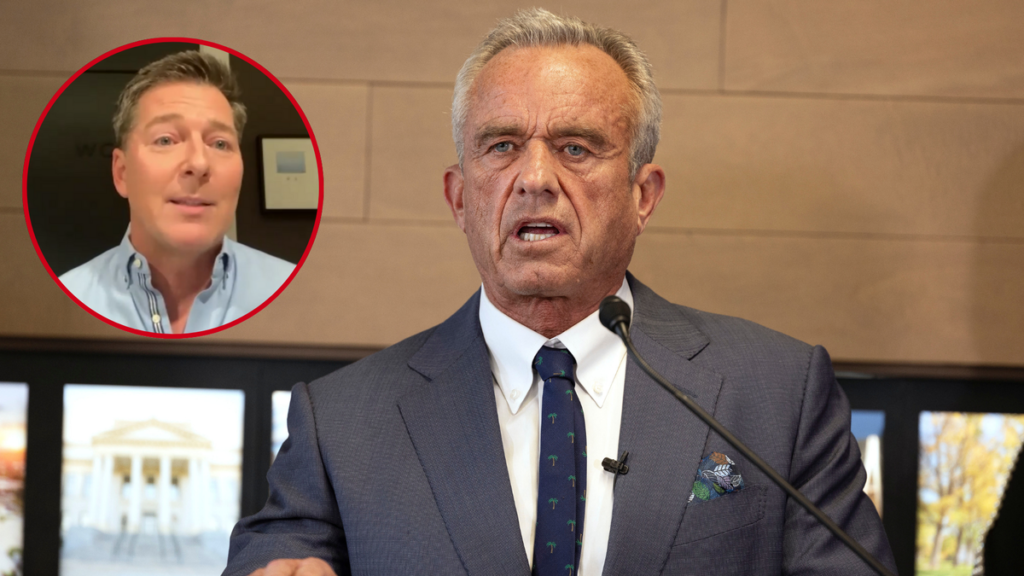The Centers for Disease Control and Prevention has long recommended fluoride in drinking water to combat tooth decay. However, on Monday, Health and Human Services Secretary Robert Kennedy Jr. said he would plan to tell the CDC to stop recommending fluoridation in communities nationwide.Kennedy, a long-time skeptic of fluoride, said he would be assembling a task force to focus on the issue. Fluoride strengthens teeth and reduces cavities by replacing minerals lost during normal wear and tear, according to the CDC. In 1950, federal officials endorsed water fluoridation to prevent tooth decay, and in 1962, set guidelines for how much should be added to water. “Dental decay by and large is entirely preventable,” said Dr. Paul Johnson, a pediatric dentist in Wellesley, Massachusetts, where the water is fluoridated. “We have to follow the science. If we follow the science, we can be very comfortable with .7 parts per million as a very safe, effective means to help fight tooth decay.” Critics point to studies that show adverse health effects of too much fluoride. However, Johnson says the key is dosage, and he says we know what’s safe.”A lot of times, we’ll look at studies that are showing vastly different dosages,” Johnson said. “Extremely high — we would never consider doing this — linking it to different problems. That absolutely has no relevance to what we’re actually recommending.”Kennedy cannot order communities to stop fluoridation, but he can tell the CDC to stop recommending it and work with the EPA to change the allowed amount.In March, Utah became the first state to ban fluoride in drinking water. In Massachusetts, 120 cities and towns have fluoridated water, 221 are non-fluoridated, and 10 communities are partially fluoridated.Dentists and national health organizations are warning that discouraging fluoride will lead to medical problems and disproportionately affect low-income communities.”In some instances, that’s the only fluoride they’re getting, and if we take that away from them, we’re doing them a huge disservice,” Johnson said.You can view the water fluoridation status of all cities and towns in Massachusetts here.
The Centers for Disease Control and Prevention has long recommended fluoride in drinking water to combat tooth decay.
However, on Monday, Health and Human Services Secretary Robert Kennedy Jr. said he would plan to tell the CDC to stop recommending fluoridation in communities nationwide.
Kennedy, a long-time skeptic of fluoride, said he would be assembling a task force to focus on the issue.
Fluoride strengthens teeth and reduces cavities by replacing minerals lost during normal wear and tear, according to the CDC. In 1950, federal officials endorsed water fluoridation to prevent tooth decay, and in 1962, set guidelines for how much should be added to water.
“Dental decay by and large is entirely preventable,” said Dr. Paul Johnson, a pediatric dentist in Wellesley, Massachusetts, where the water is fluoridated. “We have to follow the science. If we follow the science, we can be very comfortable with .7 parts per million as a very safe, effective means to help fight tooth decay.”
Critics point to studies that show adverse health effects of too much fluoride. However, Johnson says the key is dosage, and he says we know what’s safe.
“A lot of times, we’ll look at studies that are showing vastly different dosages,” Johnson said. “Extremely high — we would never consider doing this — linking it to different problems. That absolutely has no relevance to what we’re actually recommending.”
Kennedy cannot order communities to stop fluoridation, but he can tell the CDC to stop recommending it and work with the EPA to change the allowed amount.
In March, Utah became the first state to ban fluoride in drinking water. In Massachusetts, 120 cities and towns have fluoridated water, 221 are non-fluoridated, and 10 communities are partially fluoridated.
Dentists and national health organizations are warning that discouraging fluoride will lead to medical problems and disproportionately affect low-income communities.
“In some instances, that’s the only fluoride they’re getting, and if we take that away from them, we’re doing them a huge disservice,” Johnson said.
You can view the water fluoridation status of all cities and towns in Massachusetts here.
This article was originally published by a www.wcvb.com . Read the Original article here. .

